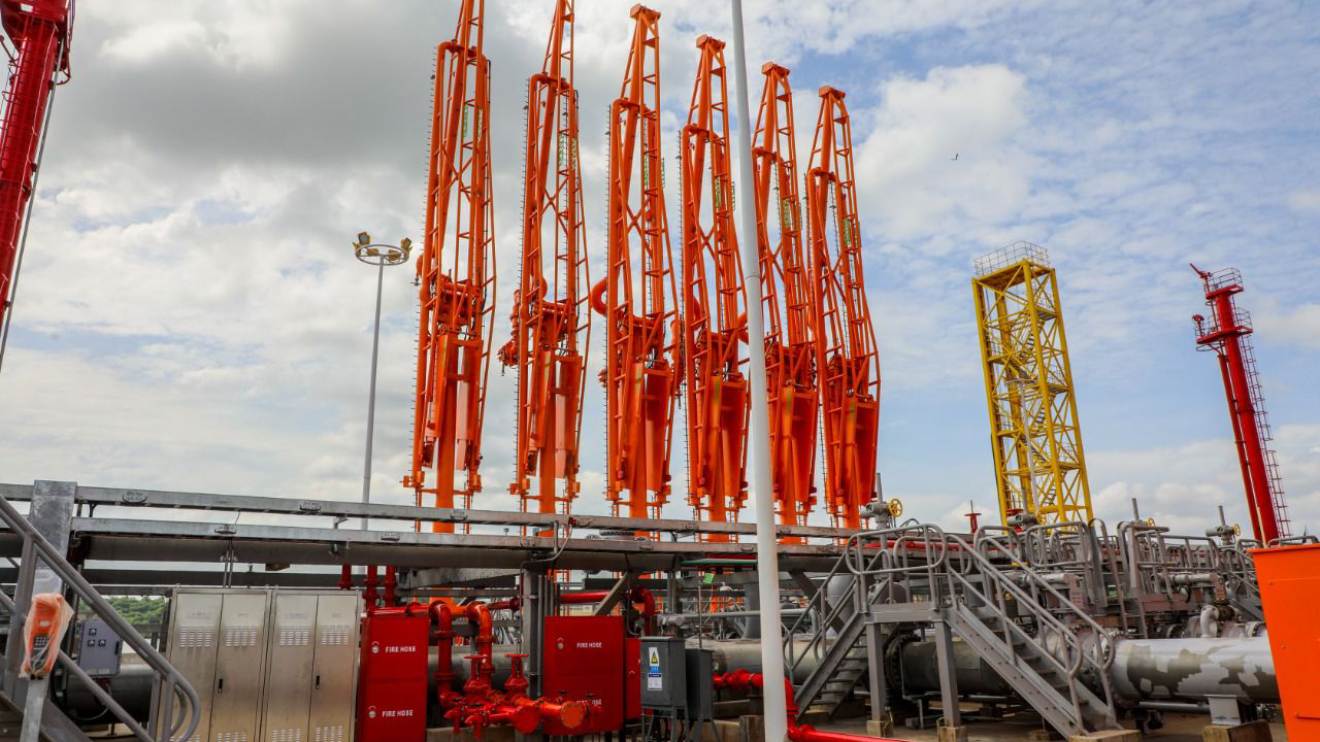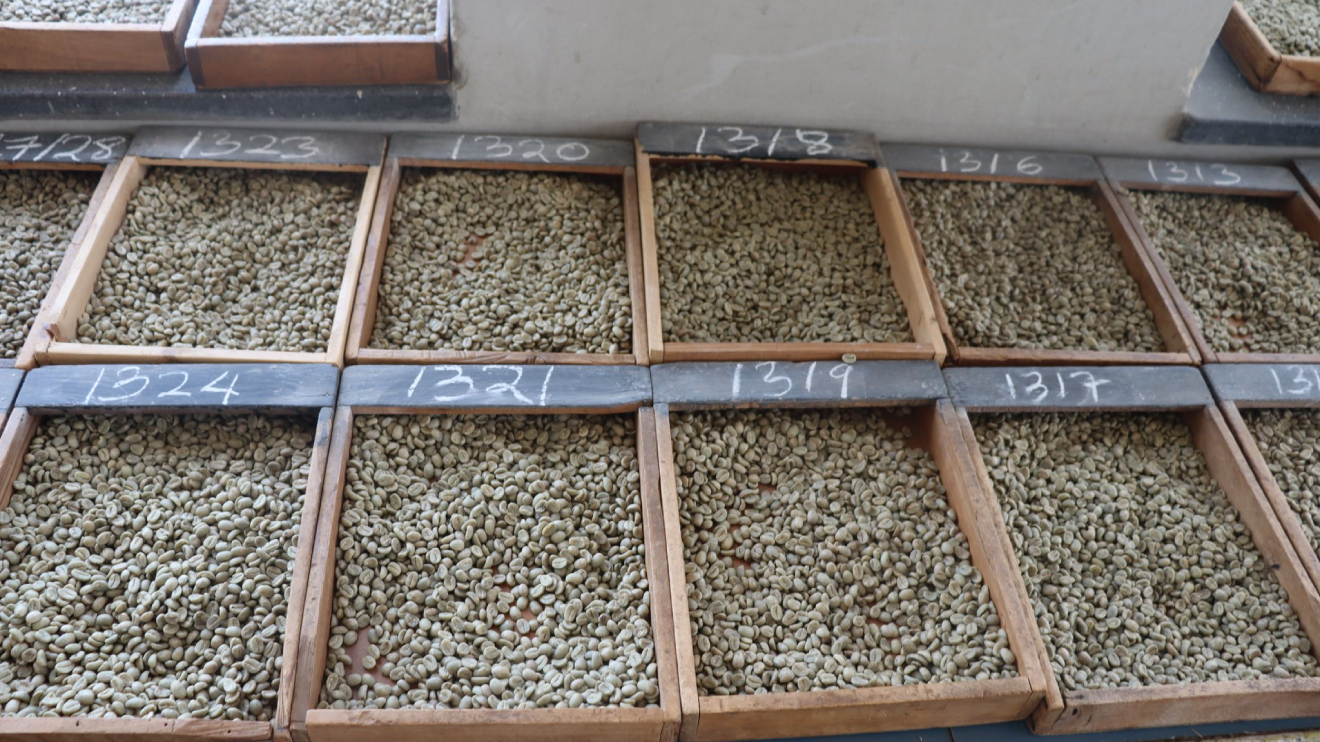Oil marketing companies (OMCs) in Kenya are facing a severe cash flow crisis as the government delays payments totalling Sh9.98 billion under the fuel stabilisation scheme, which was reinstated in July.
The Ministry of Energy's data reveals that the outstanding amount covers four monthly cycles, with the most recent cycle, ending on December 14, accounting for the highest share at Sh6.27 billion.
Local oil marketers, particularly smaller companies, are grappling with mounting financial difficulties due to the delayed compensation.
The situation is exacerbated by the increased costs of purchasing refined fuel, a sharply weakening shilling against the dollar, and the global surge in fuel prices.
"OMCs, especially the small ones, are slowly sinking into distress. Product prices have also been high, and there is also the element of the LCs (Letters of Credit) under the government-to-government fuel deal," expressed the CEO of one local oil firm.
Read More
The compensation delays, coupled with the depreciation of the shilling against the dollar and the rise in the cost of imported fuel from June to September, have intensified the financial strain on OMCs.
Despite the challenges faced by the industry, the Ministry of Energy has not disclosed a timeline for settling the outstanding billions owed to the OMCs.
The ministry acknowledged the delays in remitting subsidy payments, stating, "There were witnessed delays in remitting the subsidy payments to the OMCs leading to cash-flow constraints and payments arrears that, in turn, had a negative effect on the security to supply petroleum products."
This financial predicament echoes a scenario from April 2021 when compensation delays were also blamed for a nationwide fuel shortage in Kenya.
In response to the current crisis, industry players are expressing concerns about a potential recurrence, fearing a return to the circumstances that led to the 2021 fuel shortage.
Earlier in the year, the government took steps to address outstanding debts by floating a bond in two tranches, aiming to settle Sh45 billion owed to OMCs for keeping pump prices low in the financial year ending in June.
Despite these efforts, OMCs, including multinational corporations, had resorted to tapping into bank loans to fund operations and fuel imports during compensation delays that stretched over a year.
The current delay in paying the Sh9.98 billion is heightening anxieties within the industry, with stakeholders cautioning against a reemergence of financial challenges that may impact the stability of fuel supply in the country.
The government's commitment to resolving the outstanding compensation remains uncertain, leaving the OMCs in a precarious financial position.









-1714232911.jpeg)

